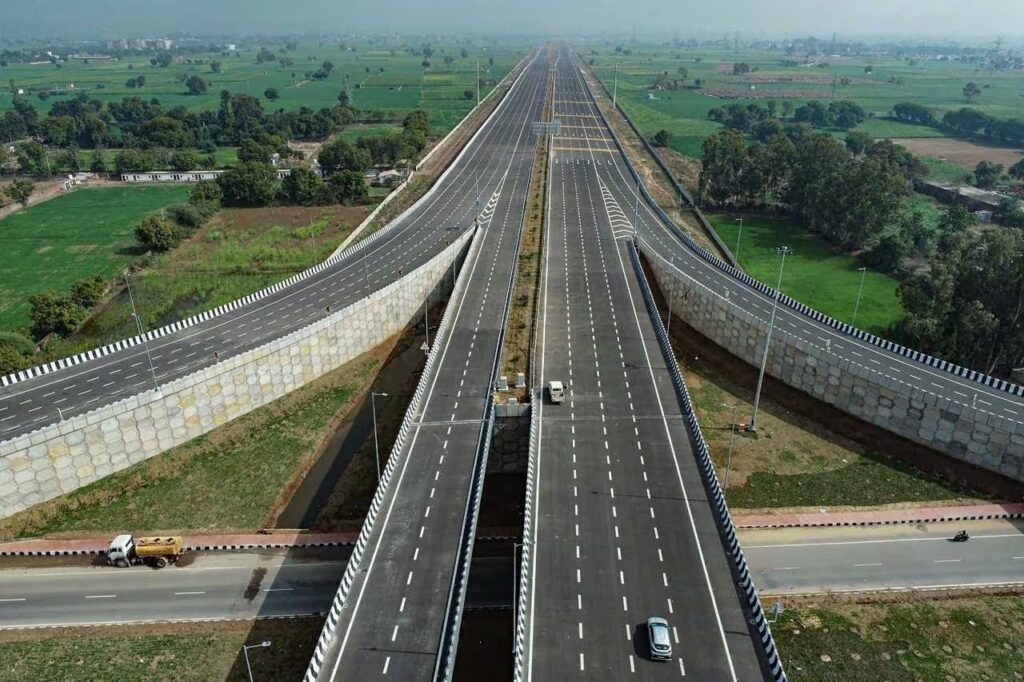How India’s Major Expressways Will Cut Travel Times and Enhance Economic Growth

How India’s Major Expressways Will Cut Travel Times and Enhance Economic Growth
India is on the brink of a road infrastructure revolution, with three major expressways nearing completion. These projects aim to cut travel times, improve connectivity, and drive economic growth.
Delhi-Mumbai Expressway
The Delhi-Mumbai Expressway, India’s longest greenfield expressway, is 82% complete. Union Minister Nitin Gadkari announced that 26 out of 53 packages were finished by June 2024, with completion set for October 2025.
Spanning 1,386 km, the expressway will connect Delhi, Uttar Pradesh, Haryana, Rajasthan, Madhya Pradesh, Gujarat, and Maharashtra. It will reduce the Delhi-Mumbai distance by 180 km and cut travel time by 50%. Gadkari stated it will also lower India’s logistics costs from 14-16% to 9%, boosting export competitiveness.
Bengaluru-Chennai Expressway
A 71-km stretch of the Bengaluru-Chennai Expressway is already open for toll-free use, with the entire 260-km expressway expected to be operational by August 2025. Developed at a cost of ₹17,900 crore, it will reduce travel time between the two cities from six hours to three.
Running through Karnataka, Andhra Pradesh, and Tamil Nadu, it includes key exits at Malur, Bangarpet, and Bethamangala. Designed for 120 km/h speeds, it will ease congestion and promote regional trade.
Delhi-Dehradun Expressway
The Delhi-Dehradun Expressway, set to open in three months, will cut travel time from six hours to two. Built at a cost of ₹10,000 crore, it includes the Delhi-Kalindi Kunj to Faridabad stretch, which Prime Minister Narendra Modi will soon inaugurate.
These expressways promise faster, safer, and more efficient travel, reshaping India’s transportation landscape while fostering economic development.











